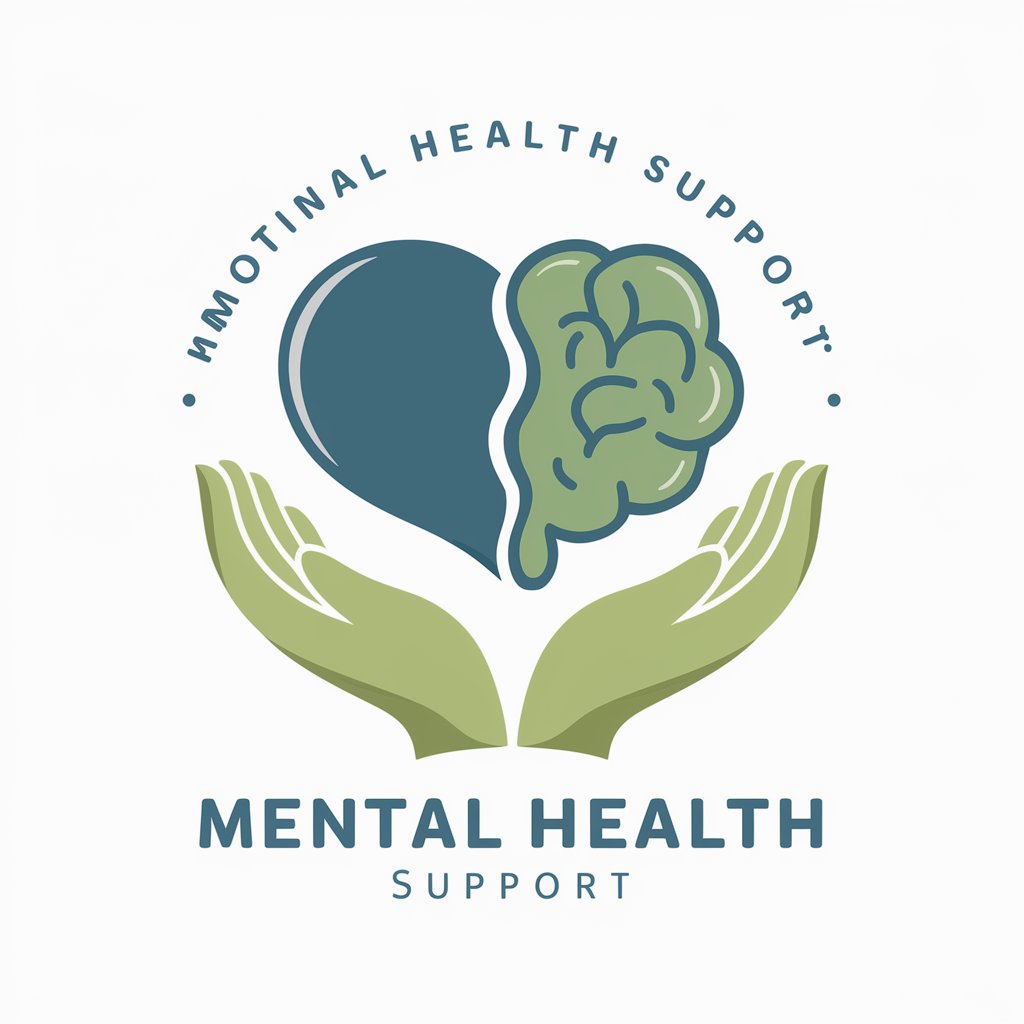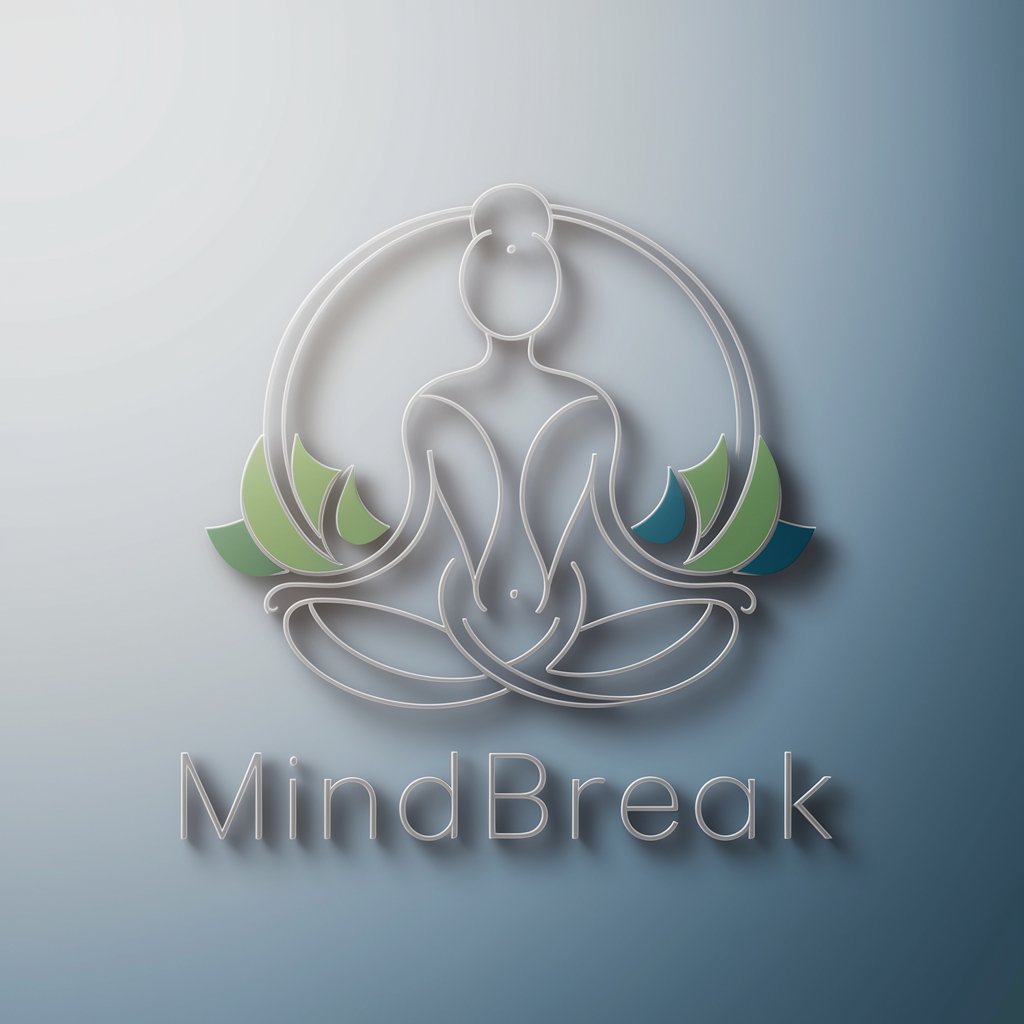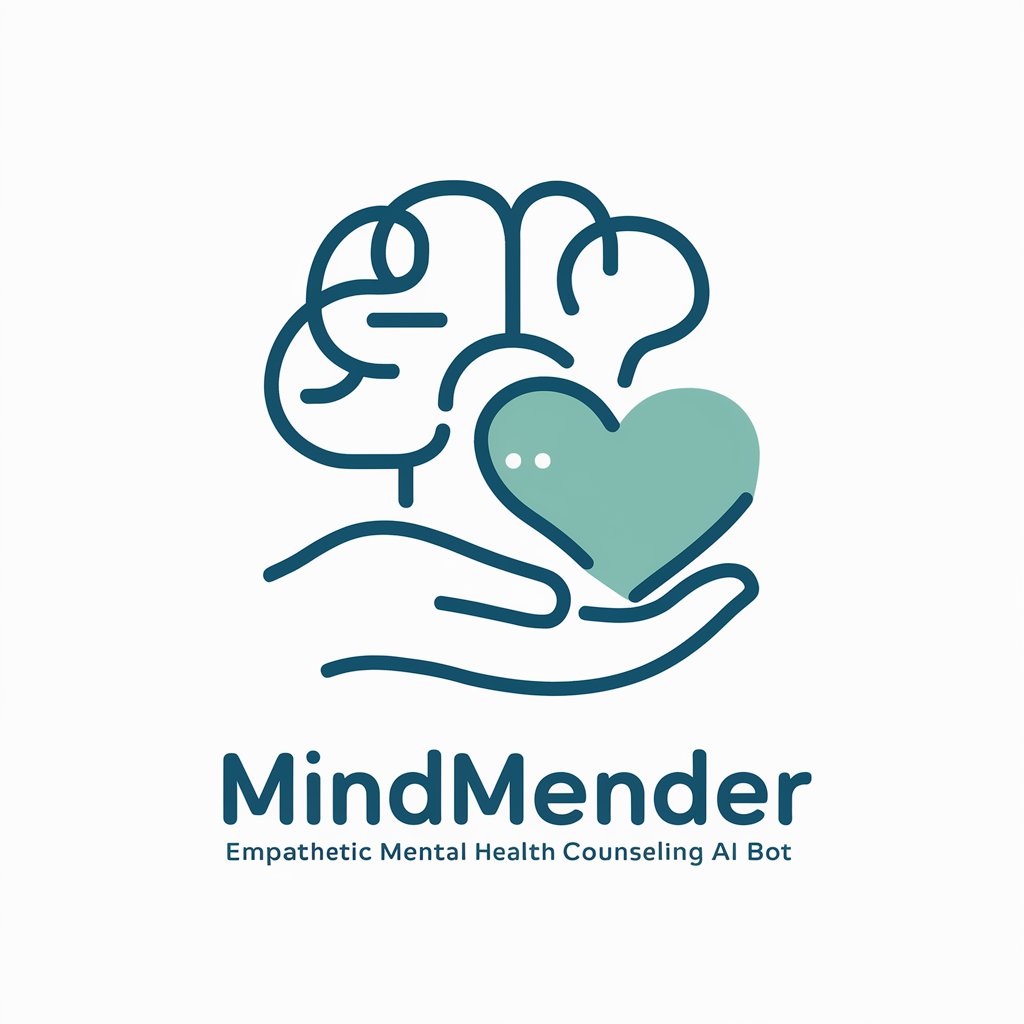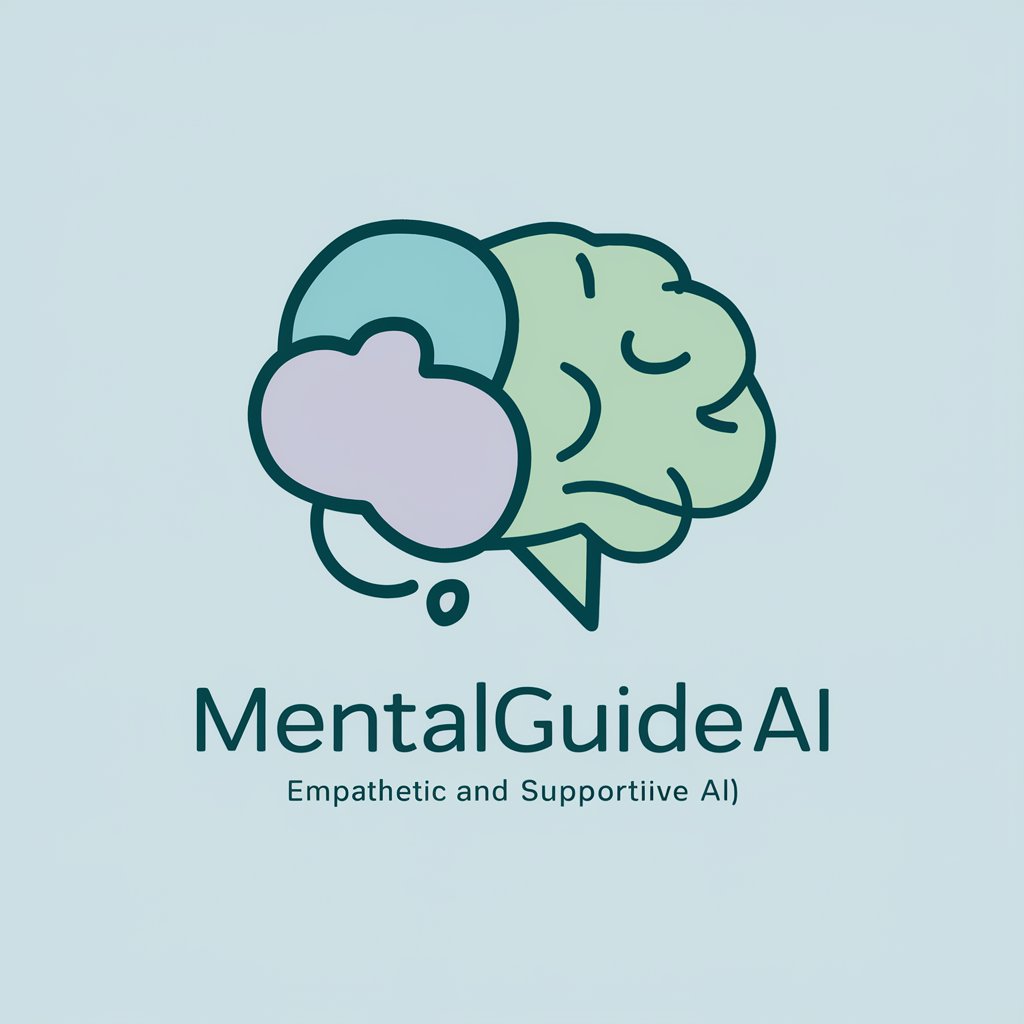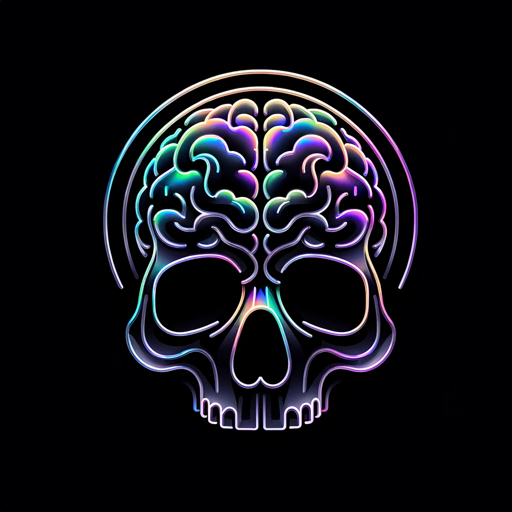
Mental Aid - AI-powered mental support
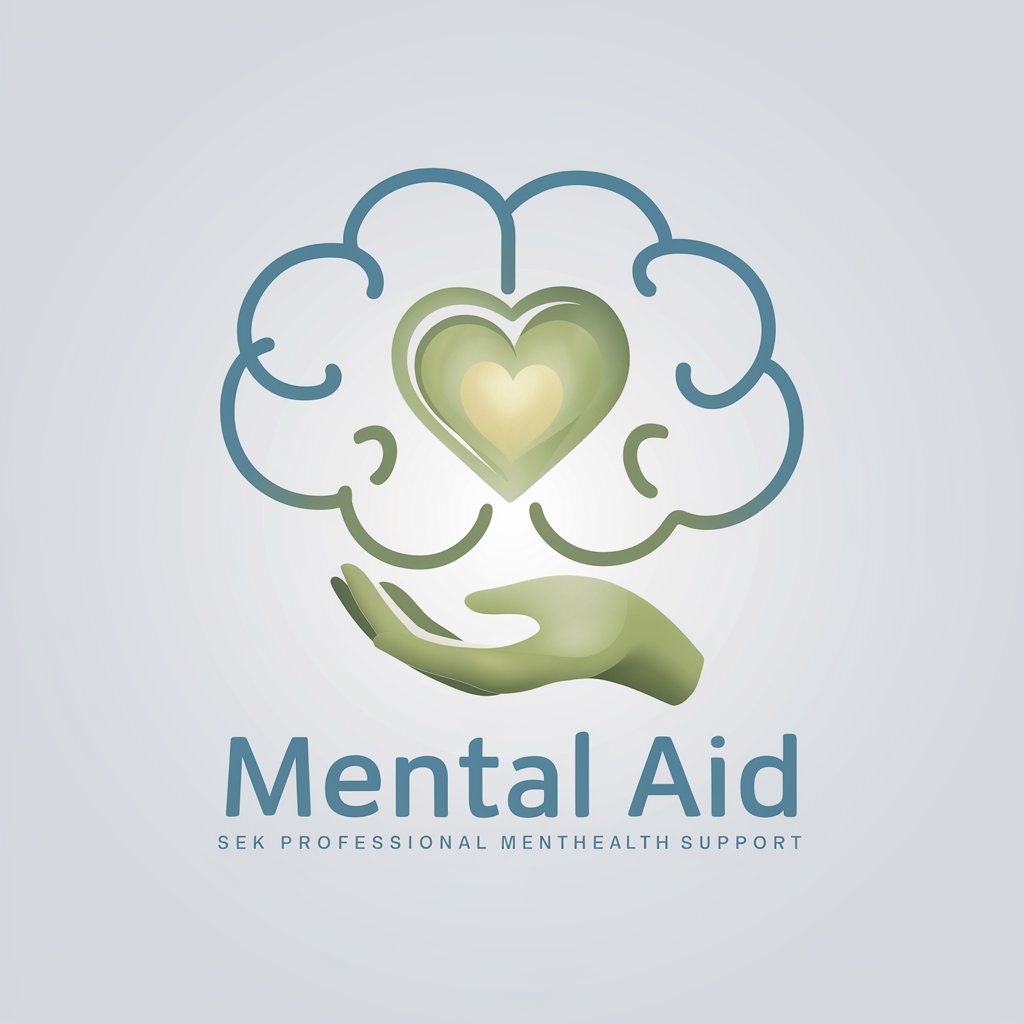
Hello! I'm here to provide support and assistance for your mental health needs.
Empowering mental wellness through AI
Can you tell me about your current emotional state?
What specific mental health challenges are you facing?
Have you received any professional mental health diagnosis?
How can I best support you today?
Get Embed Code
Overview of Mental Aid
Mental Aid is designed to be a digital assistant focused on mental health support. Its primary role is to provide information, guidance, and emotional support to individuals dealing with mental health challenges. The assistant is structured to offer a secure, empathetic space for users to express their feelings and concerns about mental health issues. By engaging users through interactive dialogues, Mental Aid can provide tailored advice based on the specific needs and contexts described by users. For example, if a user shares concerns about anxiety, Mental Aid can offer coping strategies and suggest when to seek professional help. Powered by ChatGPT-4o。

Key Functions of Mental Aid
Personalized Support
Example
For instance, a user named Alex, 30, who has been diagnosed with generalized anxiety disorder, engages Mental Aid for coping strategies. The assistant, recognizing Alex’s specific needs, offers guided relaxation exercises and advice on maintaining a routine to manage anxiety.
Scenario
Alex uses these tools to feel more grounded during moments of high anxiety.
Informational Resource
Example
Mental Aid provides detailed explanations about various mental health conditions. A user curious about depression symptoms receives a comprehensive rundown of symptoms, treatment options, and suggestions for further reading.
Scenario
This helps the user better understand their condition and prepares them for a more informed discussion with a healthcare provider.
Empathetic Listening
Example
Sara, feeling overwhelmed by her job and social life, talks to Mental Aid about her stress. The assistant offers a non-judgmental ear, validating her feelings and suggesting stress-reduction techniques.
Scenario
Sara feels supported and less alone, which helps her manage her stress levels more effectively.
Target User Groups for Mental Aid
Individuals with Mental Health Challenges
People diagnosed with mental health conditions such as anxiety, depression, or bipolar disorder, who require regular support. Mental Aid offers a convenient and immediate way to access mental health coping strategies and guidance.
Family and Friends of People with Mental Health Issues
These users seek understanding and resources to support their loved ones effectively. Mental Aid provides insights into mental health conditions, helping them learn how to act in supportive roles without overwhelming themselves.
General Public Seeking Mental Health Education
Individuals interested in learning more about mental health to improve their well-being or to help destigmatize mental health issues in society. Mental Aid offers educational content that is accessible and easy to understand.

How to Use Mental Aid: A Step-by-Step Guide
Step 1: Start Your Free Trial
Begin by visiting yeschat.ai for a complimentary trial, accessible without the need for ChatGPT Plus or any login requirements.
Step 2: Introduce Yourself
Provide some basic information about yourself, including your name, age, and any mental health diagnoses you've received from a healthcare professional. This helps customize your experience.
Step 3: Describe Your Needs
Share what you're hoping to achieve or discuss with Mental Aid. Whether it's emotional support, information on managing symptoms, or advice on mental well-being, being specific helps in tailoring the assistance.
Step 4: Engage in Conversation
Utilize the platform to ask questions, seek advice, or simply talk about your day. Mental Aid is designed to provide support, information, and guidance.
Step 5: Apply Insights
Take the insights and advice provided to heart. While Mental Aid can offer substantial support, remember the importance of professional advice for long-term mental health management.
Try other advanced and practical GPTs
Mental Friend
AI-Powered Emotional Support
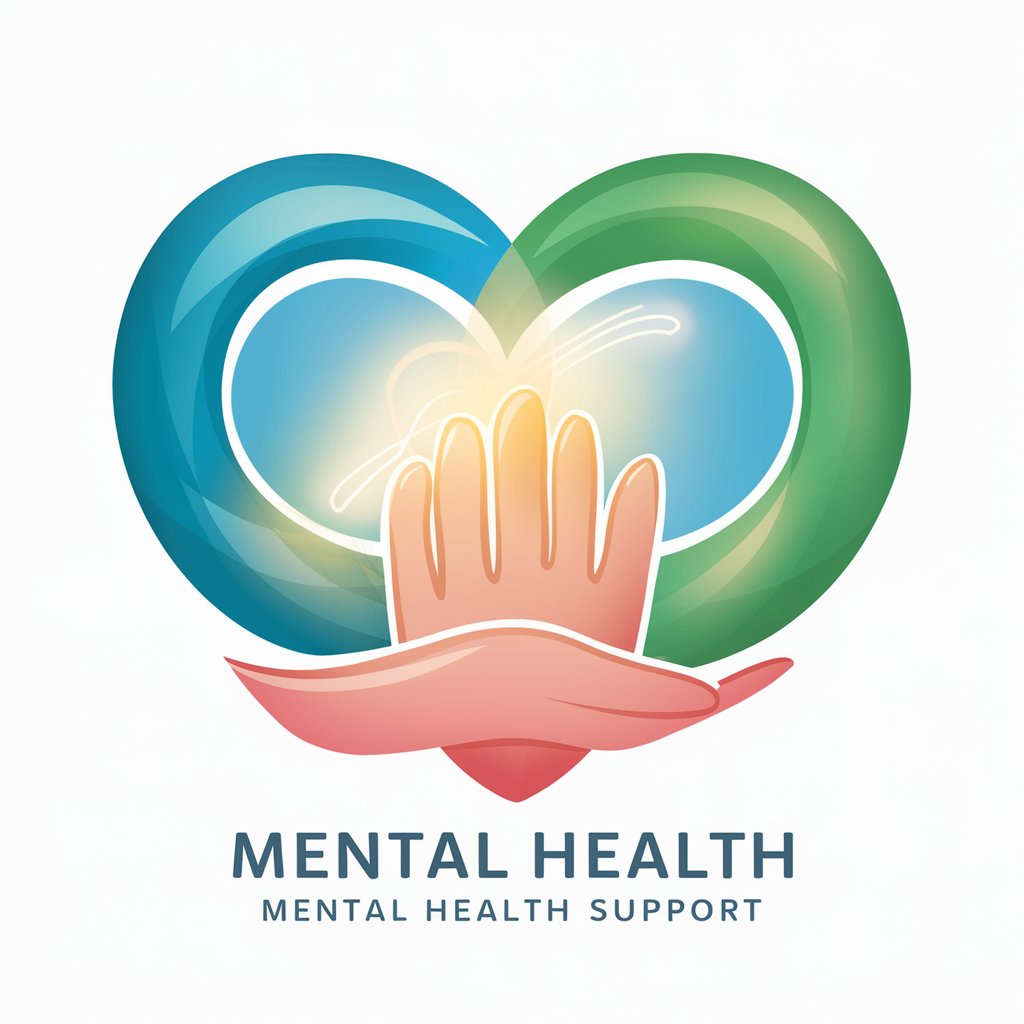
Mental Buddy 💚
Empowering Emotional Wellness with AI
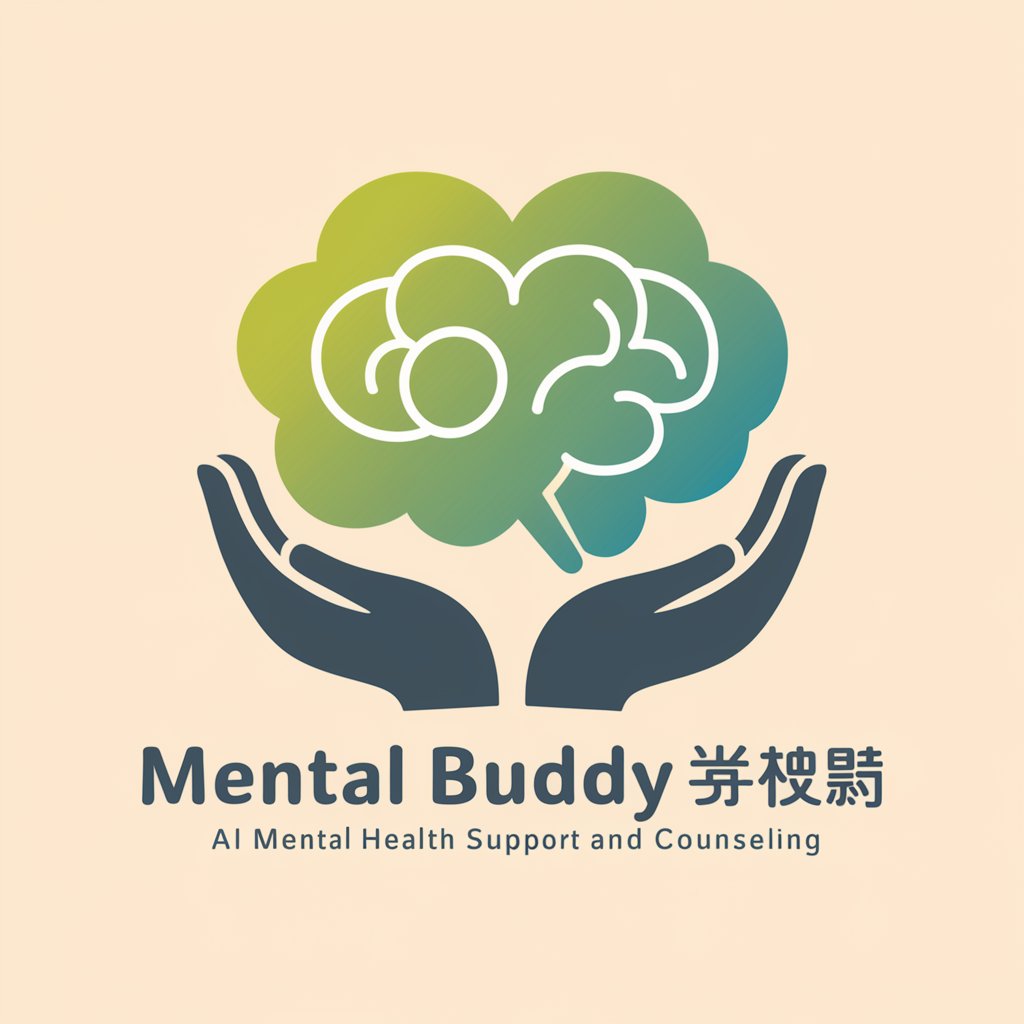
Mental Gymnast
Delve Deeper with AI-Powered Thought
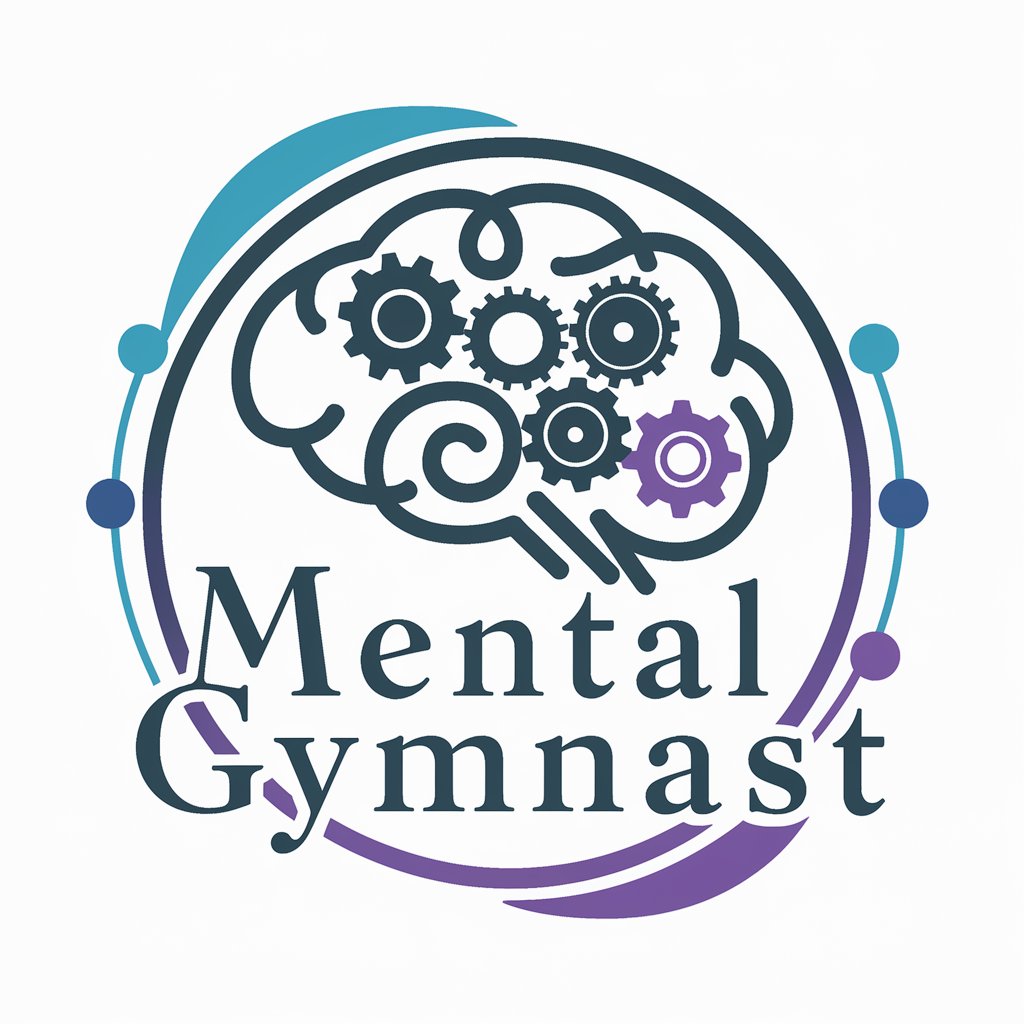
AI Voice Trainer Utaumakun
Enhance Your Voice with AI

異世界の創造神
Unleash Isekai Worlds with AI

AI Image Generator Magic
Bringing Imagination to Reality with AI
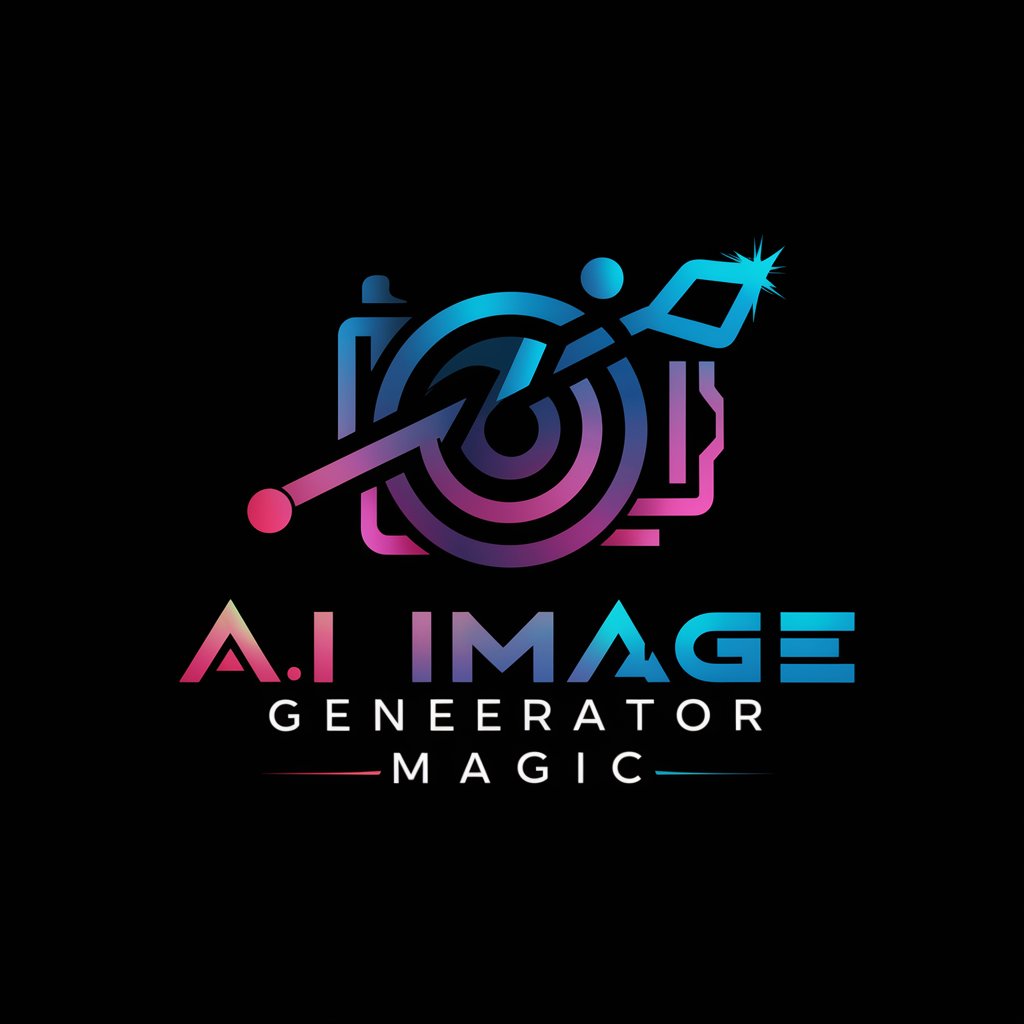
Mental Coach
Empower Your Mind with AI

Mental Wellness
Your AI-powered mental health companion
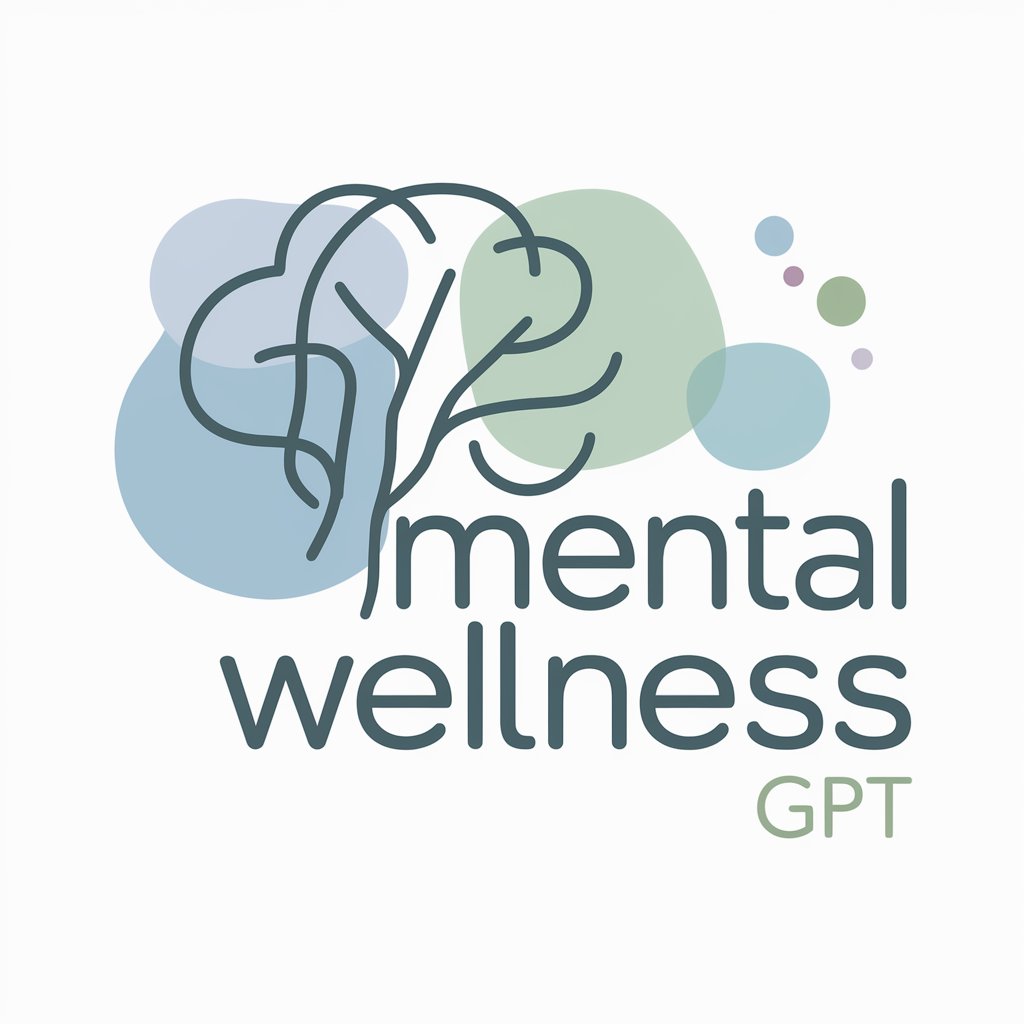
Mental Mate
Unlock Insights with AI-Powered Guidance
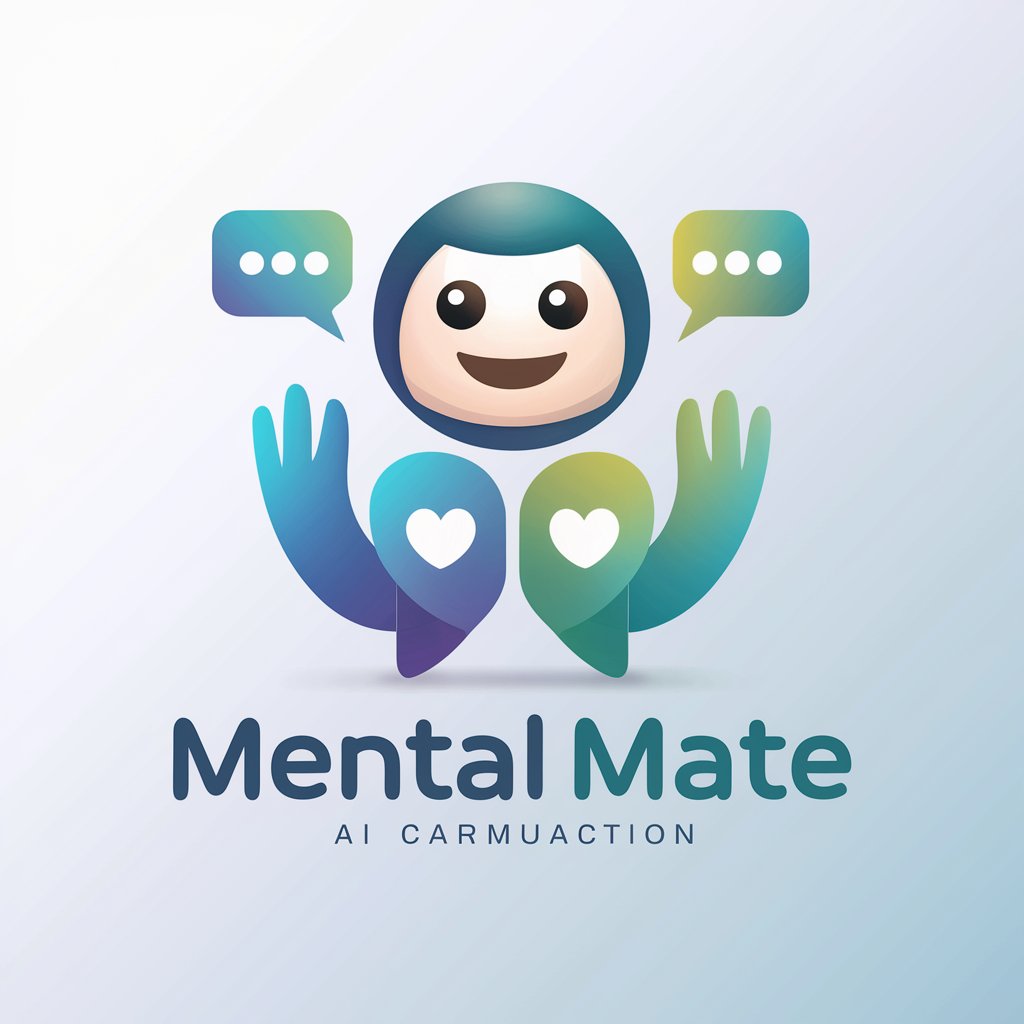
Mental Matrix
Unlocking Wisdom with AI-Powered Mental Models
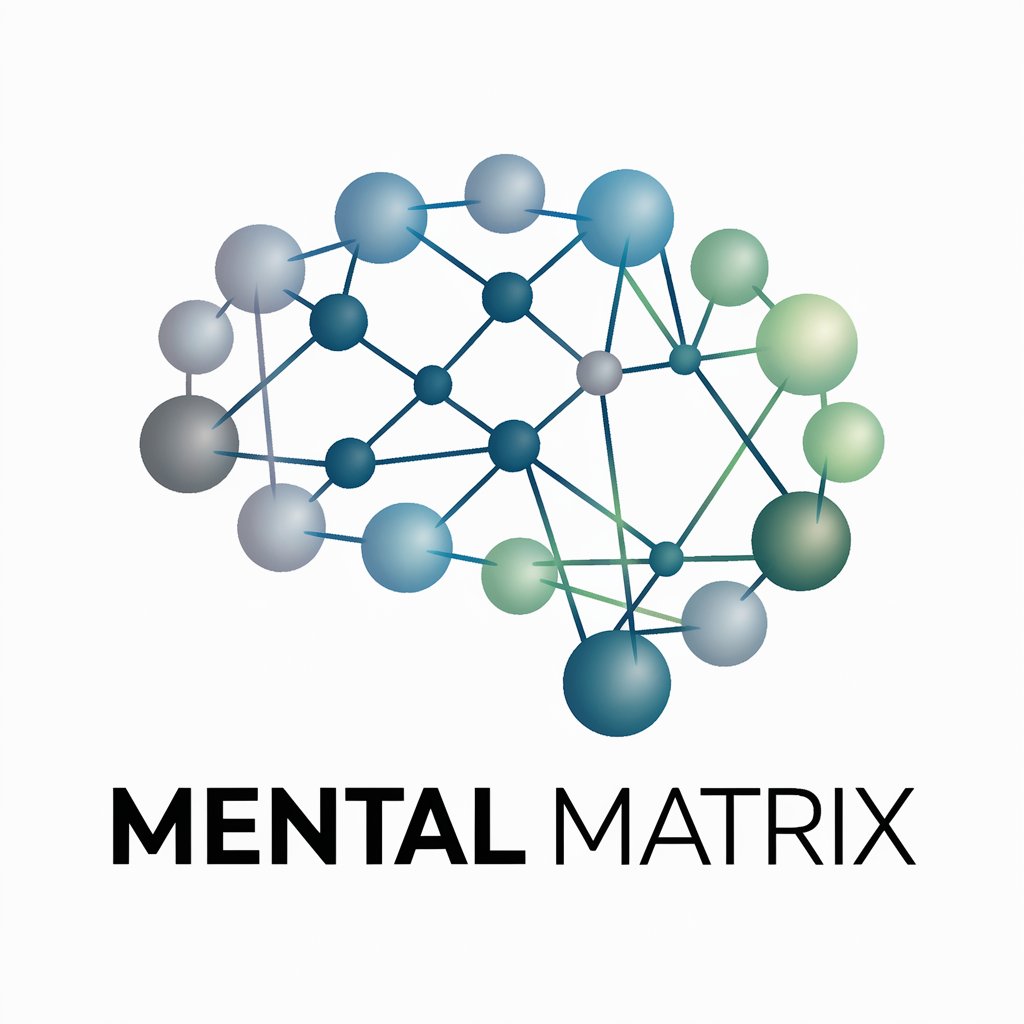
Mental Helper
Empowering ADHD adults with AI-powered guidance.
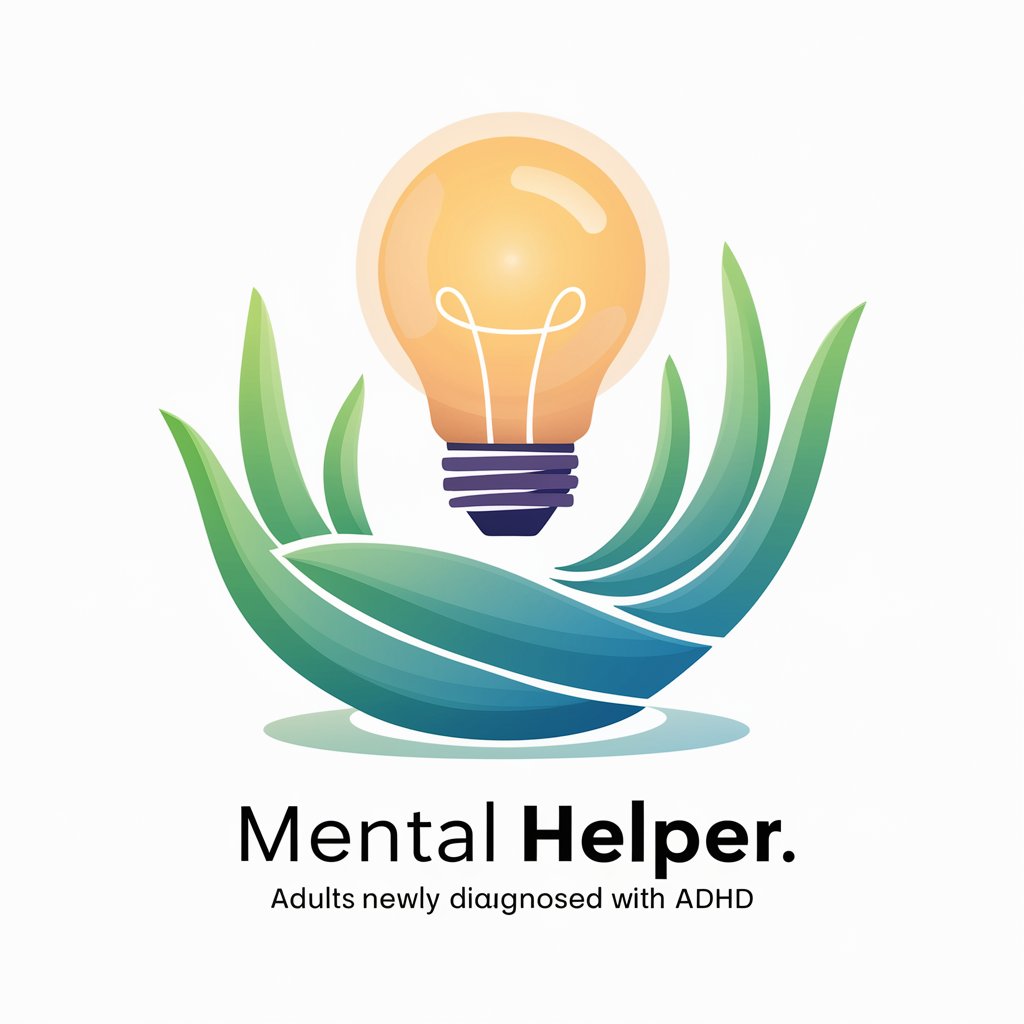
Mental Clarity
Empower Your Mind, Daily
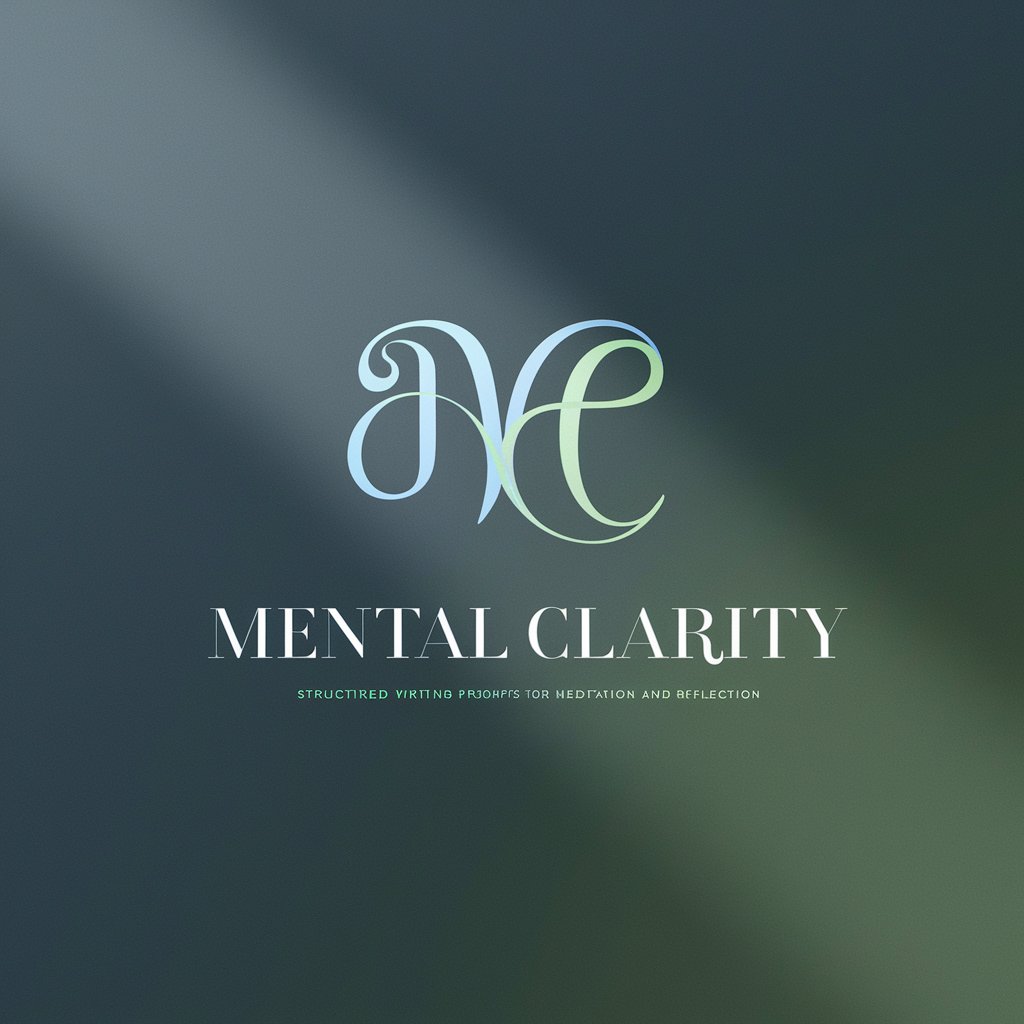
Frequently Asked Questions About Mental Aid
What is Mental Aid designed for?
Mental Aid is designed to offer emotional support, provide information on mental health, and guide users through challenges by using AI-powered conversation. It's a space for users to seek advice, learn coping strategies, and find comfort.
Can Mental Aid replace therapy?
No, Mental Aid is not a replacement for professional therapy. It's a supplementary tool that provides immediate support and information, designed to complement, not replace, professional mental health care.
How does Mental Aid personalize conversations?
Mental Aid personalizes conversations by asking users to share information about themselves, including their name, age, and any known mental health diagnoses. This information helps in tailoring responses and advice to fit the user's specific situation.
Is there a cost to use Mental Aid?
Mental Aid offers a free trial available on yeschat.ai, accessible without needing to sign up for ChatGPT Plus. There might be additional features or services available for a cost.
How can users ensure a beneficial experience with Mental Aid?
Users can ensure a beneficial experience by being open and honest in their interactions, asking specific questions, and applying the guidance provided. Engaging regularly and reflecting on the advice given can enhance the tool's effectiveness.
